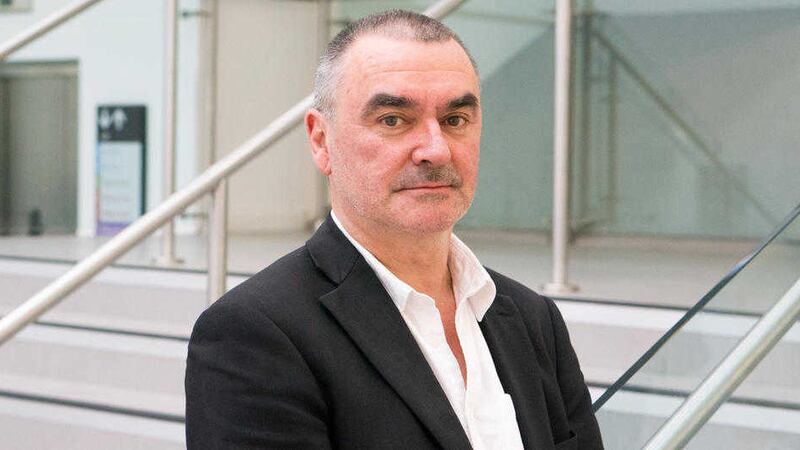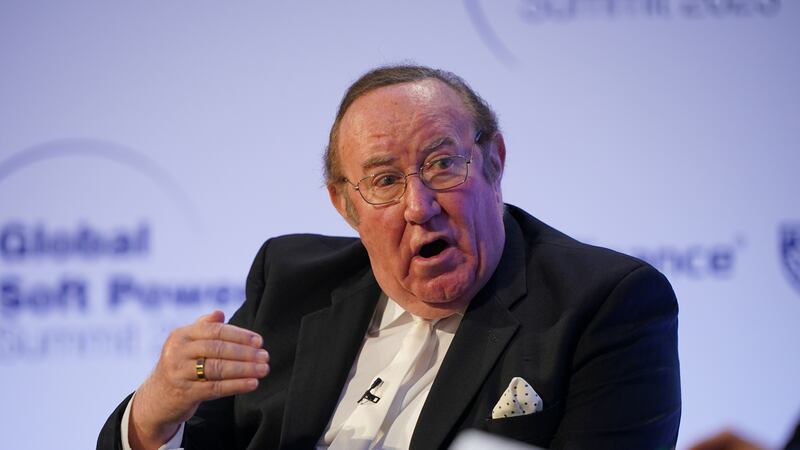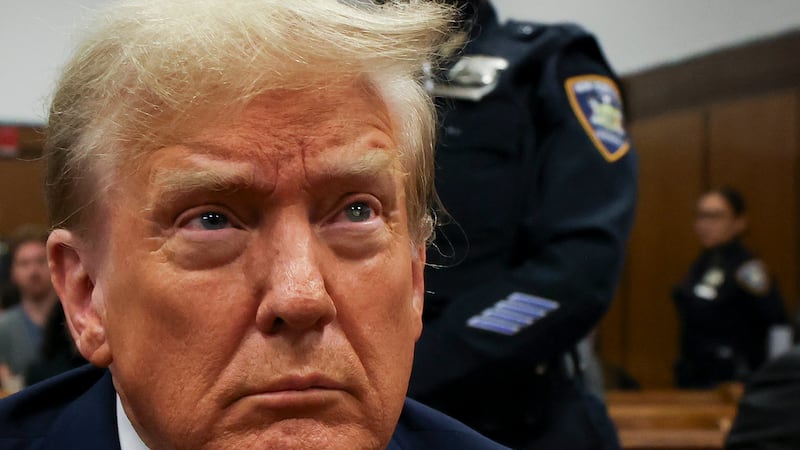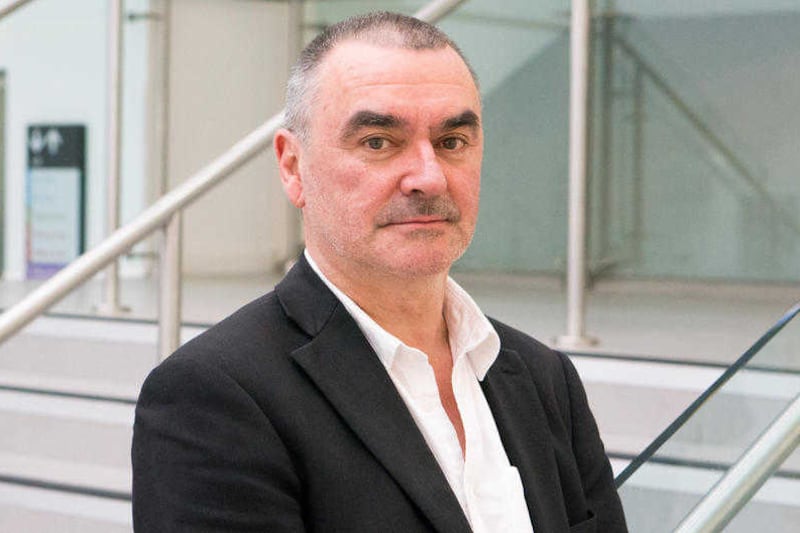NORTHERN Ireland is at least "another generation" away from fully transitioning out of conflict as paramilitary organisations are still recruiting, a leading academic has said.
Neil Jarman said paramilitary groups have been "redefining themselves in the context of a more peaceful society – but there's no indication of them going away."
The Queen's University scholar said some groups have moved away from violence, but others continue with criminality and "imposing themselves on communities".
"The vast majority of the members of these organisations are not involved in the type of activity they had been in the past, but some are," he said.
"We have seen this in the flag protests and occasional acts of murder and threats on their own communities.
"Presumably this is happening when the organisations are continuing to recruit.
"I don't know about the IRA situation but I know that some of the groups are recruiting. I see this particularly within some of the public disorder situations."
Dr Jarman, of the Institute for the Study of Conflict Transformation and Social Justice, said completing 'conflict transformation' and ending the cycle of political crisis will be a "long and slow" process.
"It could take another generation of long, slow work. We are still dealing with the political leaders who were the leaders within the conflict. I think we need to see a generation shift in some ways. But these kinds of transitional processes are long and slow," he said.
Dr Jarman said the current debate should be broadened beyond the IRA to tackle the continued activities of all paramilitary groups in the north.
"We need to use this opportunity to highlight that there is a wider problem of paramilitarism in Northern Ireland and there is no coherent strategy to deal with it," he said.
"Assuming the IRA will naturally fade away is the same approach taken with the UDA and UVF. All these organisations have been in the process of redefining themselves in the context of a more peaceful society, but there's no indication of them going away."



